News
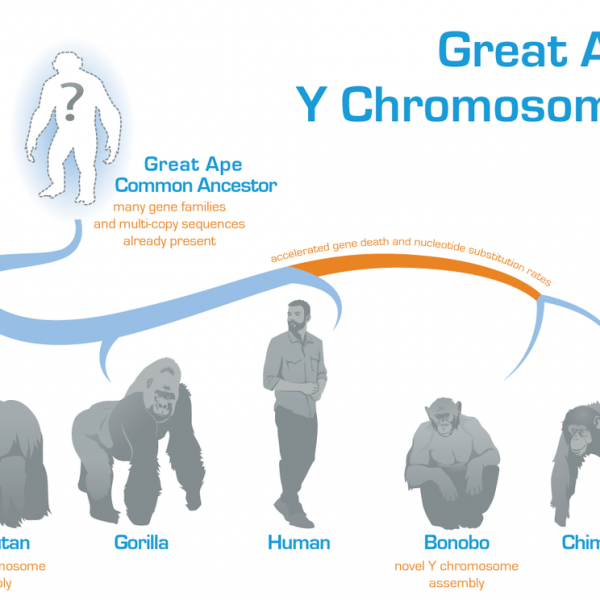
Oct 07, 2020
Evolution of the Y chromosome in great apes deciphered
New analysis of the DNA sequence of the male-specific Y chromosomes from all living species of the great ape family helps to clarify our understanding of how this enigmatic chromosome evolved.
Full Article

Sep 23, 2020
Huck Institutes Seeks Director of Graduate Training Initiatives
The Huck Institutes of the Life Sciences is searching for a Penn State faculty member interested in overseeing a number of training programs for master's and doctoral students.
Full Article

Sep 16, 2020
Liana Burghardt awarded Tansley Medal for excellence in plant science
Assistant Professor of Plant Science recognized for outstanding research contributions early in her career.
Full Article
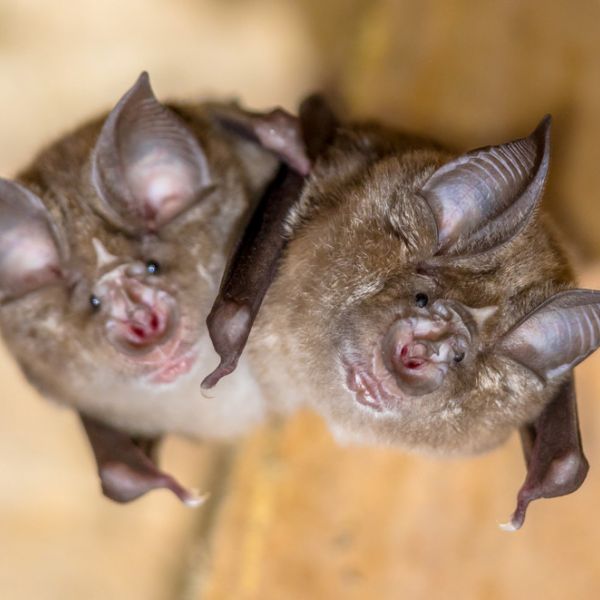
Jul 28, 2020
Researchers identify evolutionary origins of SARS-CoV-2
By reconstructing the evolutionary history of SARS-CoV-2, the virus that is responsible for the COVID-19 pandemic, an international research team of Chinese, European and U.S. scientists has discovered that the lineage that gave rise to the virus has been circulating in bats for decades and likely includes other viruses with the ability to infect humans.
Full Article
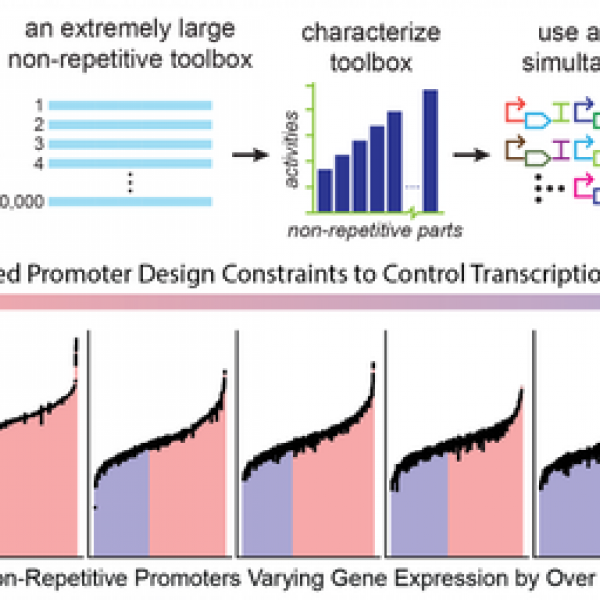
Jul 21, 2020
Researchers offer solution for one of synthetic biology's biggest problems
A team of Penn State and University of Washington researchers recently developed a new algorithm to help prevent the failure of engineered genetic systems, or organisms engineered to have new capabilities.
Full Article
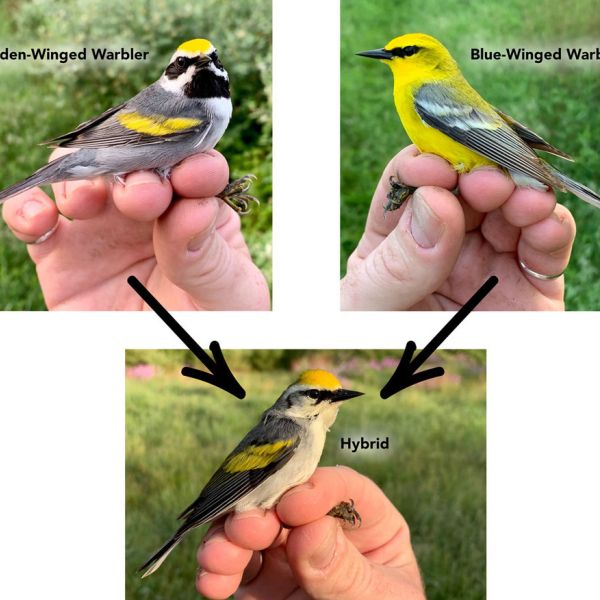
Jul 15, 2020
What determines a warbler's colors?
A new study has narrowed down the region of the genome that drives the black color in throat and face of warblers by studying the hybrid offspring produced when two species mate.
Full Article
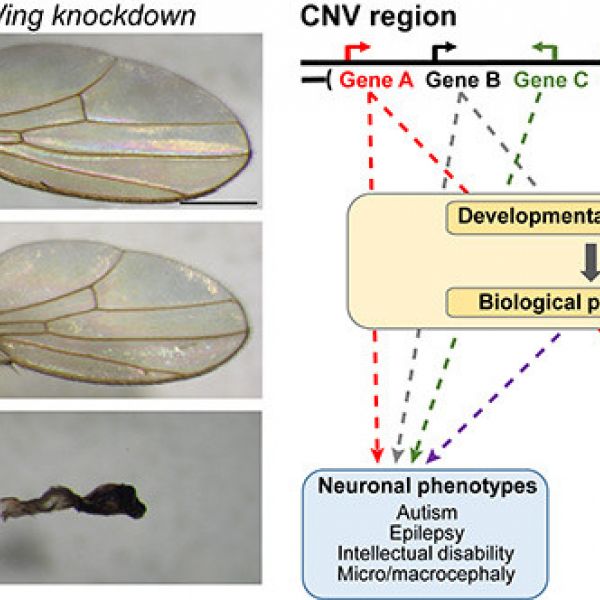
Jun 25, 2020
Genes affecting brains and brawn?
Genes located in "copy number variants" (CNVs) — parts of chromosomes that are missing in some individuals and duplicated in others — that are associated with neurodevelopmental disorders affect more than just brain development, according to new research..
Full Article

Jun 02, 2020
BG student receives award for research on immunologic, rheumatologic diseases
Bioinformatics and Genomics student Chachrit Khunsriraksakul has been selected as the recipient of the 2020 Finkelstein Memorial Student Research Award.
Full Article
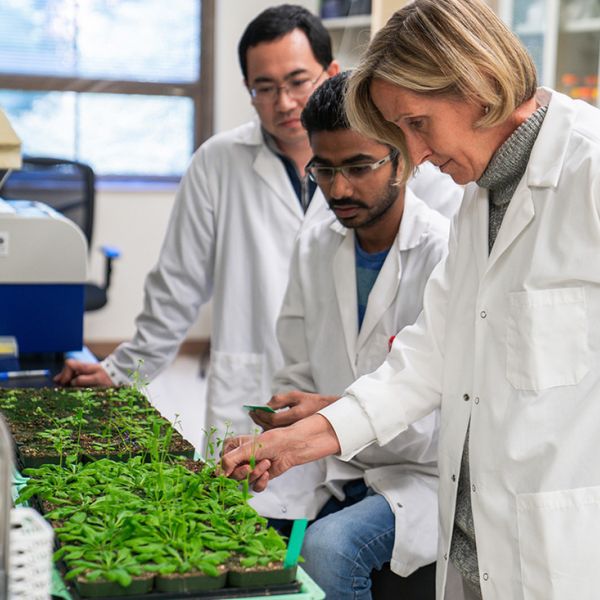
May 06, 2020
Plants pass on 'memory' of stress to some progeny, making them more resilient
By manipulating the expression of one gene, geneticists can induce a form of “stress memory” in plants that is inherited by some progeny, giving them the potential for more vigorous, hardy and productive growth, according to Penn State researchers, who suggest the discovery has significant implications for plant breeding.
Full Article
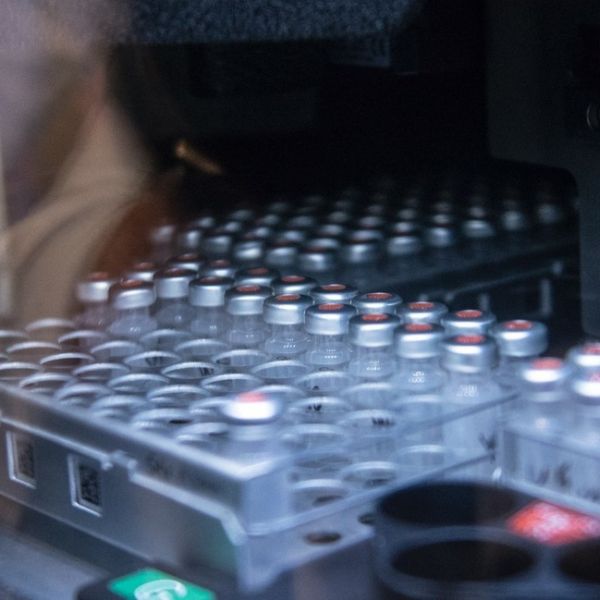
Mar 11, 2020
Listening to your gut: A powerful new tool on the microbiome and cell metabolism
Many aspects of our lives — not only the presence or absence of certain diseases, but conditions like obesity, sleep patterns, even mood — may be determined, to a surprising extent, by the microbes living inside of us.
Full Article